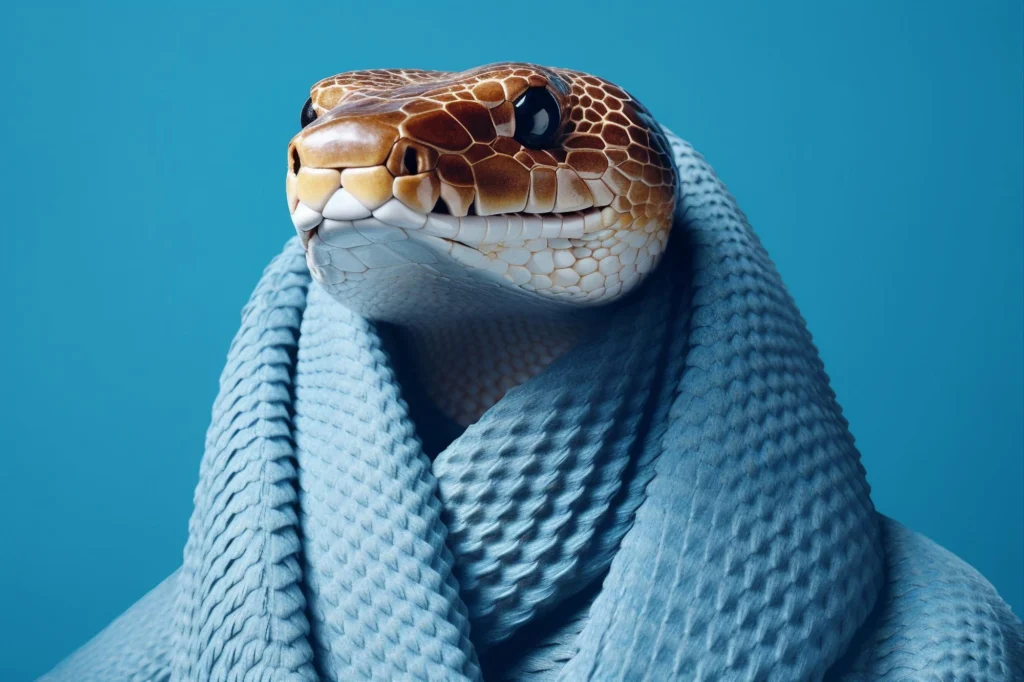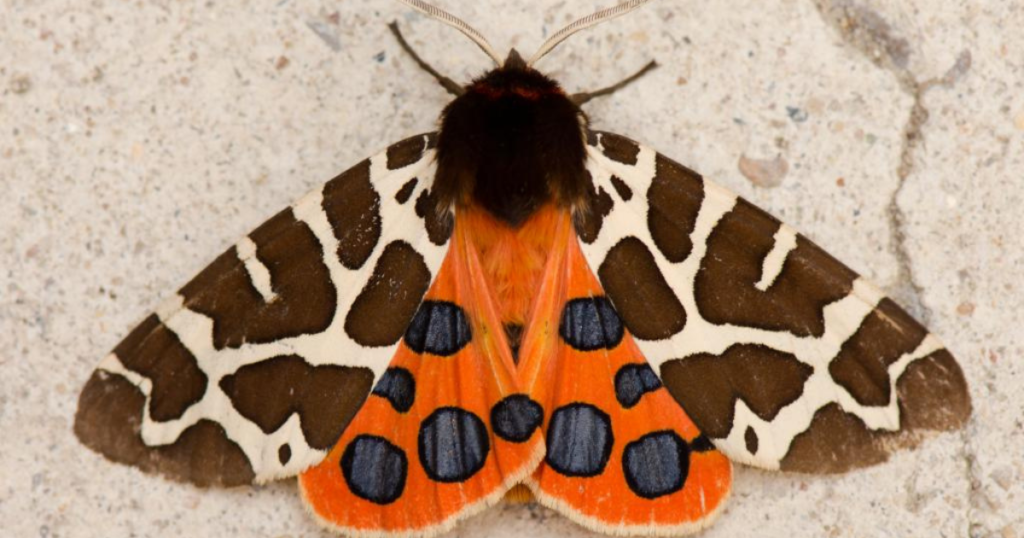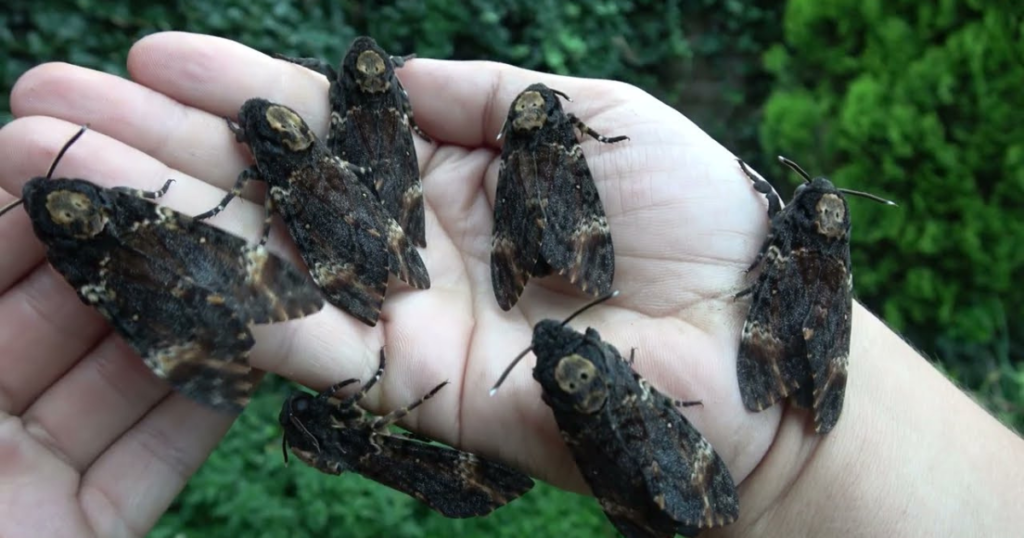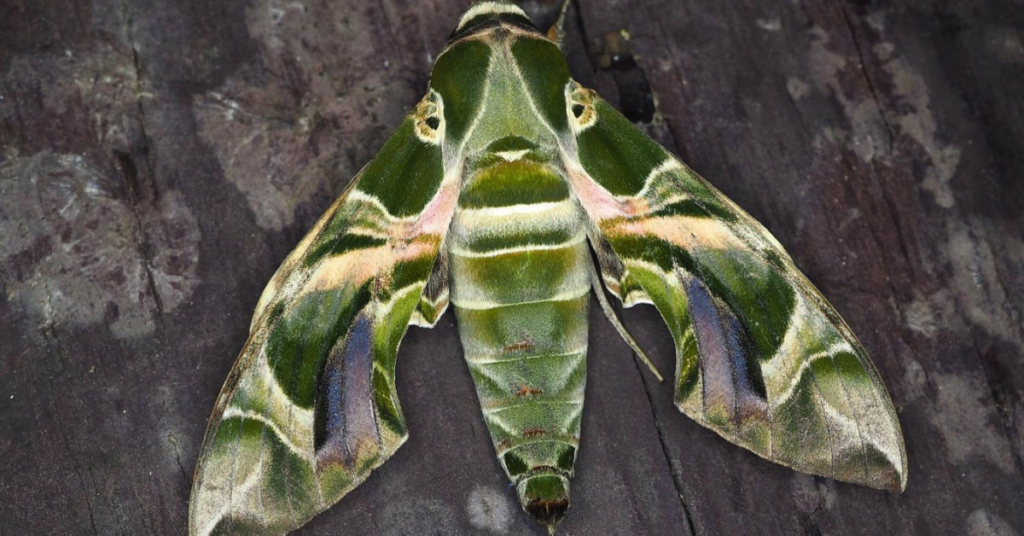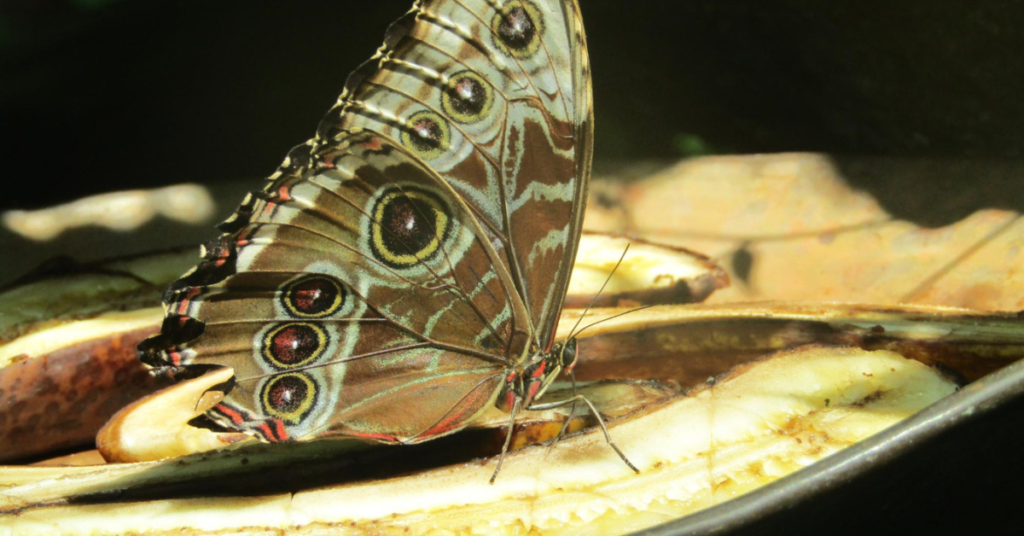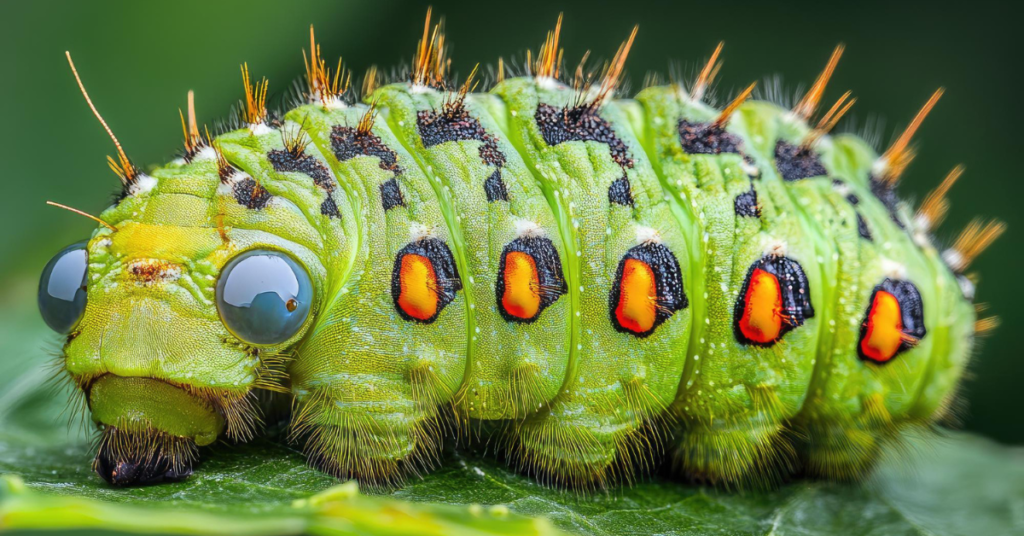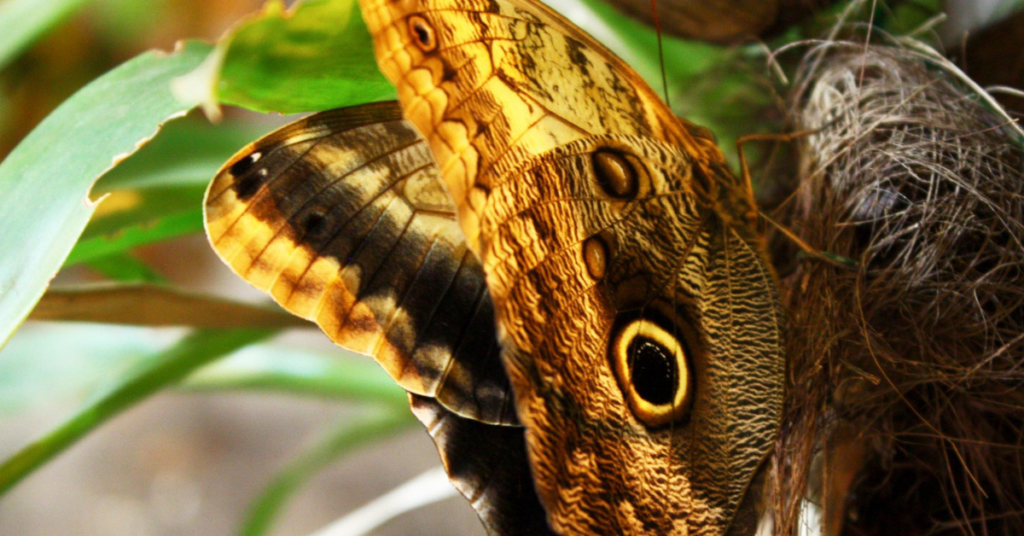Ball pythons (Python regius) are one of the most popular pet snakes due to their docile nature and manageable size. Whether you’re a beginner or an experienced reptile keeper, understanding Ball Python care is essential for ensuring a long and healthy life for your pet. In this guide, we’ll cover everything from their natural habitat to proper care routines, feeding, and common health concerns.
Ball pythons are non-aggressive, and bites are rare. They usually strike only when they feel threatened.
No, they are solitary and prefer to live alone. Co-habitation can lead to stress or aggression.
Spot clean daily; perform a deep clean every 4-6 weeks.
While they do not require UVB, it can benefit their overall health.
Table of Contents
ToggleUnderstanding the Ball Python
What is a Ball Python?
Ball pythons, also known as royal pythons, originate from West and Central Africa. They are named for their defensive behavior of curling into a tight ball when threatened. Their gentle temperament and adaptability make them a favorite among snake enthusiasts.
Average Size and Lifespan
- Length: 3 to 5 feet (Females grow larger than males)
- Weight: 1,200 to 2,500 grams (adults)
- Lifespan: 20-30 years in captivity (with proper care, some exceed 40 years!)
Ball Python Habitat Requirements
Choosing the Right Enclosure
A well-maintained habitat is crucial for your Ball Python’s health and well-being. Here are some key considerations:
- Enclosure Type: Glass terrariums, plastic tubs, or PVC cages
- Size: Minimum 20-gallon tank for juveniles; 40-gallon or larger for adults
- Lid: Secure, well-ventilated to prevent escape
Temperature & Humidity
- Temperature Gradient:
- Warm side: 88-92°F (31-33°C)
- Cool side: 75-80°F (24-27°C)
- Night temperature: No lower than 70°F (21°C)
- Humidity Levels: 50-60% (higher during shedding, around 70%)
Substrate & Decor
- Substrate Options: Aspen bedding, coconut fiber, cypress mulch, or paper towels
- Hiding Spots: At least two, one on each side of the enclosure
- Water Dish: Large enough for soaking but not too deep
- Climbing & Enrichment: Branches, artificial plants, and caves
Ball Python Diet & Feeding Schedule
What Do Ball Pythons Eat?
Ball pythons are carnivorous and feed exclusively on small mammals, primarily rodents.
- Hatchlings: Pinky or fuzzy mice (once a week)
- Juveniles: Small mice or rat pups (once a week)
- Adults: Medium to large rats (every 10-14 days)
Live vs. Frozen-Thawed Prey
- Frozen-thawed (F/T): Safer, more convenient, and recommended
- Live prey: Can injure your snake; supervise feedings if used
Handling Tips
- Wait at least 48 hours after feeding before handling
- Support their body properly
- Avoid handling during shedding
- Wash hands before and after
Health & Common Issues in Ball Pythons
Signs of a Healthy Ball Python
- Bright, clear eyes
- Smooth, glossy scales
- Active and responsive behavior
- Regular feeding schedule
Common Health Problems
- Respiratory Infections: Symptoms include wheezing, open-mouth breathing, and mucus
- Mites & Parasites: Small black dots on skin; snake soaking excessively
- Shedding Issues (Dysecdysis): Retained skin, especially around the eyes
- Anorexia: Stress, improper temperatures, or illness can cause feeding refusal
Veterinary Care
A reptile-experienced veterinarian should be consulted annually or when health concerns arise.
Ball Python Lifespan & Long-Term Care
Ball pythons have a long lifespan, making them a lifelong commitment. With proper habitat conditions, a balanced diet, and routine care, your Ball Python can thrive for decades. Always stay updated with best care practices and provide a stress-free environment for your pet snake.
Conclusion
Caring for a Ball Python is a rewarding experience. By maintaining a proper habitat, providing a nutritious diet, and ensuring regular health checks, you can enjoy years of companionship with your pet snake. Whether you’re a first-time owner or an experienced reptile keeper, understanding the needs of your Ball Python ensures a happy and healthy life for your slithering friend.

